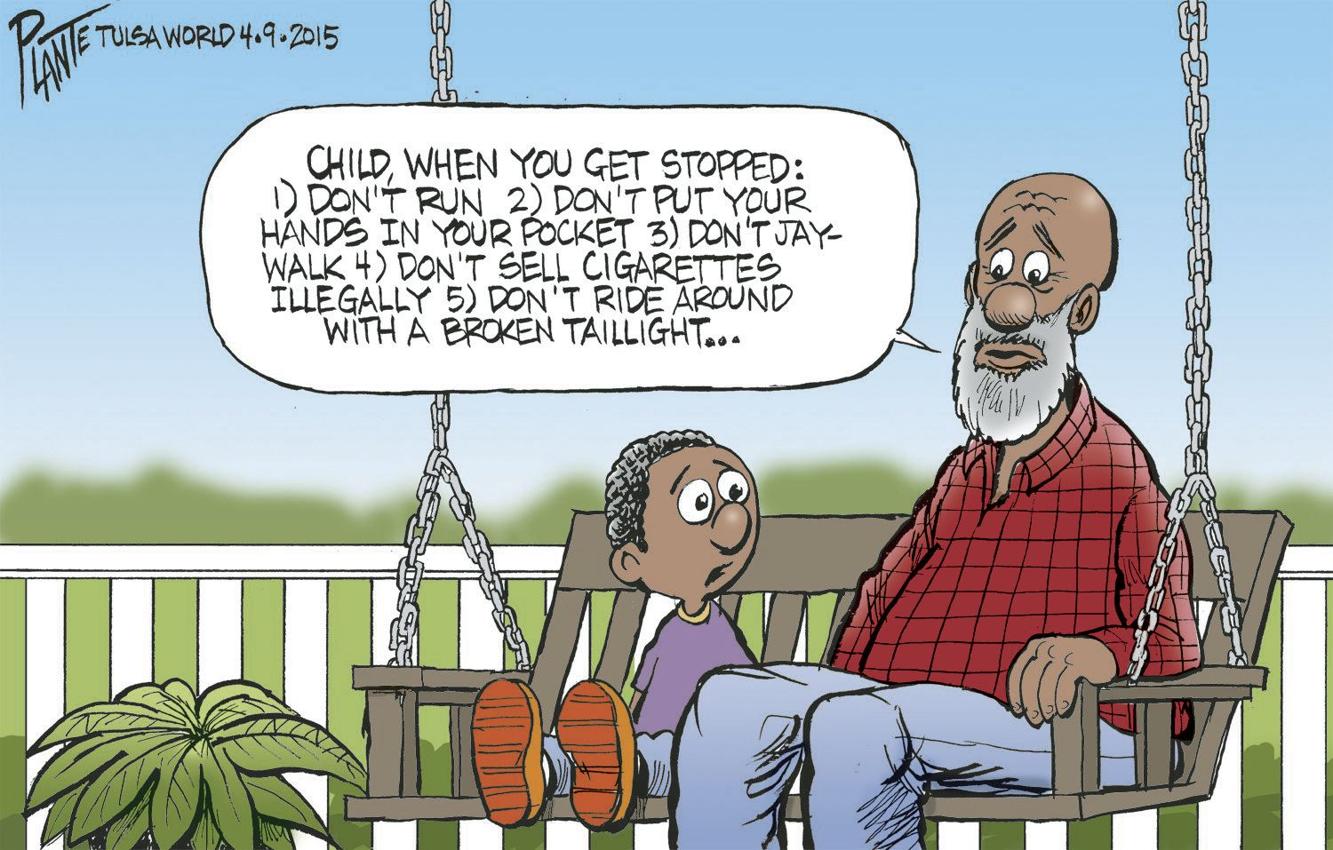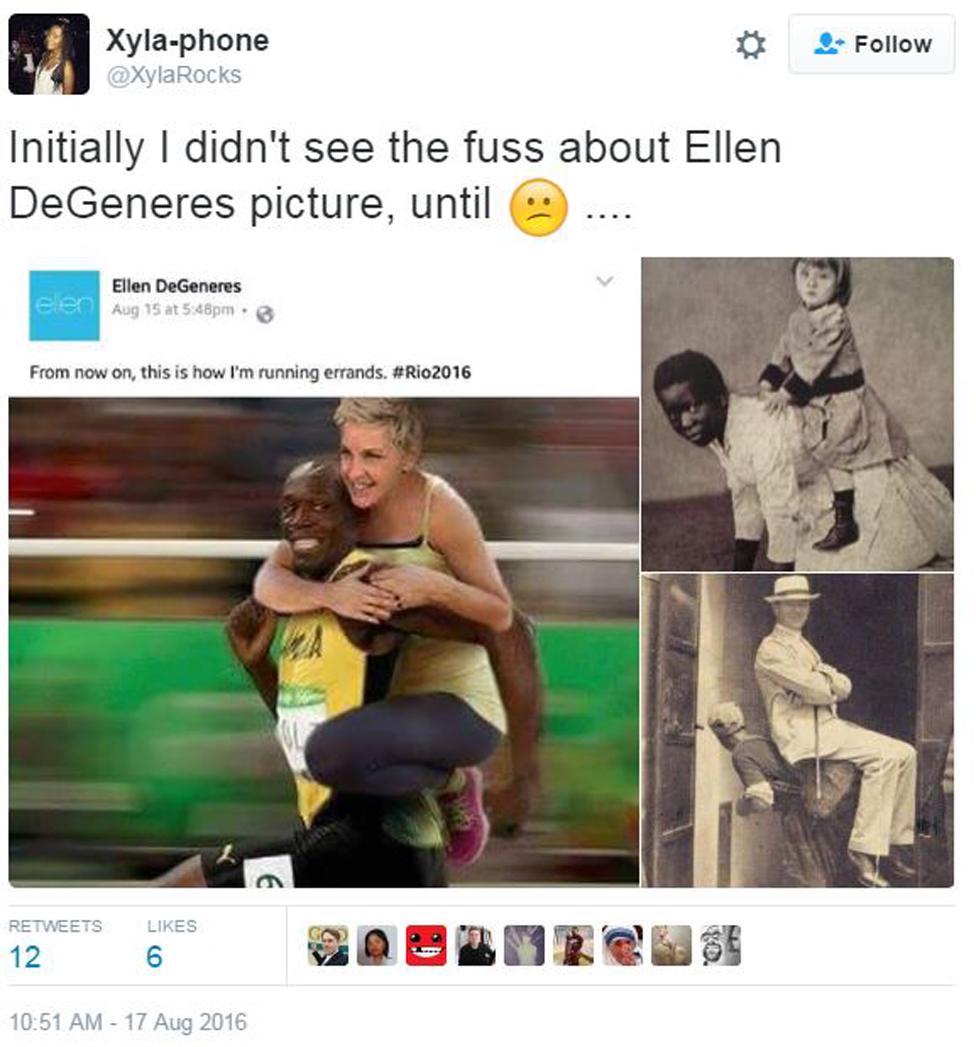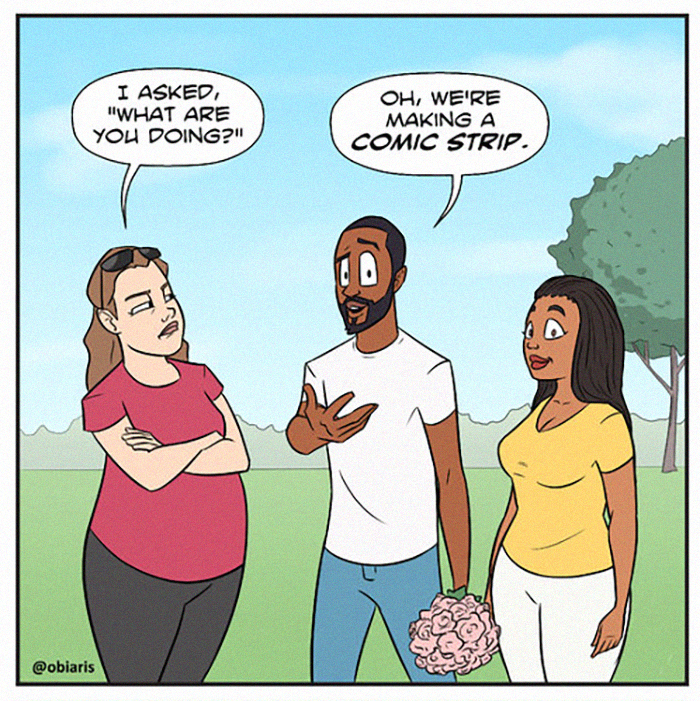The Dark Side Of Racist Jokes: A Closer Look At Their Impact On Society
In a society increasingly focused on inclusivity and understanding, the role of humor in perpetuating harmful stereotypes cannot be overlooked. Racist jokes, despite being cloaked in the guise of entertainment, contribute to a culture of prejudice that undermines efforts toward equality. The internet serves as a platform where such content is not only accessible but also normalized, raising serious questions about the societal implications of this trend. Lists promising the "funniest" or "most outrageous" racist jokes are abundant, often ranked by user votes, and accessible with just a few clicks. Titles like "Top 10 Racist Jokes" or "35+ of the Best Racist Jokes (No Filter)" highlight a disturbing phenomenon: the commodification of racism for entertainment.
The existence of such lists and their popularity suggest a demand for this type of content, prompting a deeper examination of the motivations behind it. Are people genuinely seeking harmless amusement, or is there a darker element at play, one that revels in the degradation of others? The one-liners and punchlines that characterize these jokes are not merely words; they carry the weight of historical prejudice and perpetuate harmful stereotypes. The very nature of these jokes—often targeting Asians, Mexicans, Blacks, and other groups—points to a deeper societal issue that transcends mere humor. The disclaimer, "But don't say we didn't warn you!" is a telling acknowledgment of the potential harm these jokes can inflict, yet it does little to absolve the purveyors of responsibility.
| Aspect | Description |
|---|---|
| Definition | Racist jokes are a subgenre of humor that rely on and reinforce negative stereotypes about racial groups. |
| Intent | The primary intent is often to ridicule, dehumanize, and promote harmful biases against specific racial groups. |
| Common Targets | Subjects frequently focus on perceived racial characteristics such as skin color, cultural practices, or ethnic origins. |
| Impact | These jokes perpetuate prejudice, reinforce discriminatory attitudes, and contribute to a hostile environment for targeted groups. |
| Social Role | Racist humor can normalize and legitimize racist sentiments, making it more acceptable to express discriminatory views in social contexts. |
| Historical Context | Racist jokes have a long history in many societies, often used to justify oppression and maintain power imbalances. |
| Ethical Considerations | The use and dissemination of racist jokes raise significant ethical concerns due to their potential to cause harm and incite hatred. |
| Legal Implications | In some jurisdictions, the distribution of racist humor that incites violence or discrimination may have legal consequences. |
| Related Concepts | Superiority Theory (explains how feelings of ethnic/racial superiority inform racist humor); Stereotypical Humor (relies on "us versus them" thinking); Hate Speech (racist jokes can contribute to a broader culture of hate speech). |
| Further Reading | Anti-Defamation League (ADL) Resources on Racism |
Racist jokes have a complex history that intertwines with broader societal attitudes toward race and prejudice. In the past, cartoons and other forms of media often included racist, sexist, and homophobic jokes that were considered acceptable. This historical context is crucial, as it reveals how societal attitudes have evolved—or failed to evolve—over time. What was once dismissed as "harmless fun" is now recognized as a form of microaggression or even hate speech. The question, "So, what do you call a white man surrounded by one hundred blacks?" exemplifies the kind of question-and-answer format often used to deliver racist barbs. The setup itself frames race as a point of tension or abnormality, setting the stage for a punchline that relies on stereotypes and prejudice.
- Who Are Vinny Guadagninos Sisters Meet Antonella Mariann
- Todays Naturalization Interview N400 Experiences Share
In today's climate, where racial tensions remain a significant societal issue, the prevalence and impact of racist jokes raise critical questions about the role of comedy. How does humor contribute to the perpetuation of harmful stereotypes and prejudice? How can comedians push boundaries and provoke thought without resorting to cheap shots at the expense of marginalized groups? The popularity of racist jokes throughout history does not equate to their acceptability or harmlessness. Instead, it underscores the insidious nature of prejudice and its ability to infiltrate even seemingly innocuous forms of entertainment.
The claim that a list contains "35+ of the best racist jokes (no filter)" is deeply troubling. The very idea of ranking racist jokes suggests a competition for the most offensive and harmful material. The absence of a "filter" implies a willingness to embrace even the most extreme forms of prejudice, devoid of any ethical considerations. This normalization of racist humor has historical roots, as seen in the cartoons and media of the past. However, society's understanding of the impact of such humor has evolved, leading to a greater awareness of its harmful effects.
Anecdotes like "Sometimes if I wanna get someone's attention, I'll start a sentence with 'I'm not racist, I'm not racist, but you look great today.' and they say, that wasn't racist at all," reveal a disturbing level of awareness about the power of language. People exploit the disclaimer "I'm not racist" as a means of delivering prejudiced remarks under the guise of a compliment. The fact that the recipient doesn't recognize the inherent racism speaks volumes about the pervasiveness of subtle biases. Scholarship on this type of humor often relies on superiority theory, which posits that feelings of ethnic or racial superiority inform racist humor. This "us versus them" mentality fuels stereotypical jokes and makes hatred seem pleasurable, even attractive, to some individuals.
- Friday Prayers Blessings Find Peace Inspiration
- Adamari Lpez Toni Costa A Look At Their Relationship After Separation
Racist jokes are not just a few words strung together for a laugh; they carry weight, history, and pain. They are not harmless pranks or innocent observations; they are weapons that can inflict real damage on individuals and communities. The claim that a list contains "30+ of the best black jokes about black people (racist, no limits, and dark humor)" further highlights the diversity and pervasiveness of racist humor. Even seemingly innocuous jokes can perpetuate stereotypes and reinforce discriminatory attitudes. A simple joke like, "One blonde walked into a tavern one day and asked for a table that will sit 10 and a pint. She received her beer and a table that would sit 10," perpetuates the stereotype that blondes are unintelligent.
The notion that racist jokes are "not harmless" and should not be "brushed off as just a joke" is a crucial point. Minimizing the impact of prejudiced humor allows it to fester and spread, contributing to a climate of intolerance and discrimination. Great collections of short funny racist jokes about various groups—Black people, Jews, Mexicans, Chinese, and even white people—exist. However, these jokes are rooted in harmful stereotypes. The focus on various groups suggests a broad spectrum of prejudice, demonstrating that no group is immune to being the target of offensive humor. The key is to understand that humor should not come at the expense of another's dignity or well-being.
After conservatives unearthed old tweets joking about white people by journalist Sarah Jeong, a discussion about how humor and racism work became necessary. It is vital to understand the interplay between humor and racism and to consider whether humor targeting dominant groups carries the same weight as humor targeting marginalized groups. This highlights the importance of considering power dynamics when evaluating the impact of jokes. The context in which a joke is delivered, the intent behind it, and the audience's perception all play a role in determining its impact.
Racist jokes have a significant impact on society, contributing to a culture of prejudice and discrimination. They normalize harmful stereotypes and make it more acceptable to express discriminatory views in social contexts. The historical context of racist humor reveals its role in justifying oppression and maintaining power imbalances. The ethical considerations surrounding the use and dissemination of racist jokes are significant, as they have the potential to cause harm and incite hatred. In some jurisdictions, the distribution of racist humor that incites violence or discrimination may have legal consequences.
As society continues to grapple with issues of race and prejudice, it is essential to recognize the role of humor in perpetuating harmful stereotypes. Comedians and content creators have a responsibility to push boundaries and provoke thought without resorting to cheap shots that target vulnerable groups. The normalization of racist jokes has historical roots, but society's understanding of their impact has evolved. By acknowledging the harm caused by such humor, individuals and communities can work toward a more inclusive and understanding society.
The broader implications of racist jokes extend beyond individual interactions, influencing societal attitudes and norms. They contribute to a culture where prejudice is normalized and discrimination is more acceptable. This normalization has far-reaching consequences, affecting everything from workplace dynamics to interpersonal relationships. The ability of humor to mask and legitimize prejudice is a dangerous phenomenon that requires critical examination and action. As society continues to evolve, the role of humor in shaping attitudes toward race and prejudice must be carefully considered.
- Remembering Mike Connors The Legacy Of Joe Mannix
- Obituaries Funeral Services In Camden Tn Plunk Funeral Home

Opinion/Cartoon Racial Discrimination

Why do some people think this meme is racist? BBC News

This Comic About Racism In The US Was Made 2 Years Ago, And The Artist